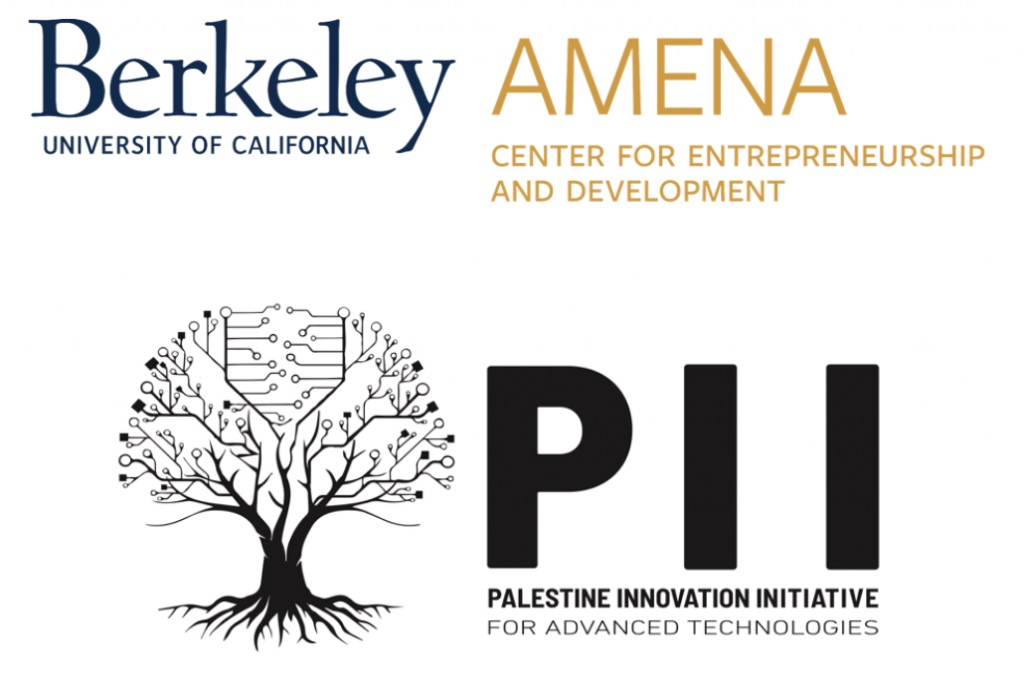
Berkeley-AMENA co-sponsors the International Summit on Artificial Intelligence
March 4, 2024. The AMENA Center collaborates with the American University of the Middle East to organize the International Summit on Artificial Intelligence in Kuwait.

March 4, 2024. The AMENA Center collaborates with the American University of the Middle East to organize the International Summit on Artificial Intelligence in Kuwait.

UC Berkeley’s AMENA Center for Entrepreneurship and Development Partners with the World Innovations Network (WIN) for the Global Innovation and Entrepreneurship Development Program UC Berkeley’s

The first cohort of participants in the two semester AUM SMARTVERSE Program, designed and run by Berkeley-AMENA to promote hands-on and project-based training in applied

Business Plan Competition was held on May 2, 2023, in Jeju, South Korea. The event featured 13 university finalist teams from top university teams in

Berkeley-AMENA designed and helped to establish the Center for AI and Innovation at the American University of the Middle East in Kuwait

Berkeley-AMENA has created a comprehensive plan for advanced technology training and innovation for Palestine

The Bakar BioEnginuity Hub will rent space to science-based startups, and provide campus programs for scholars and researchers

AMENA is sponsoring the MENA AI and Data Science Series In collaboration with PhazeRo, a flourishing startup company in Muscat, Oman

“It is always energizing to come to the San Francisco Bay Area and its universities,” said Eng in opening his address. “There is much to learn here.”